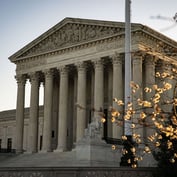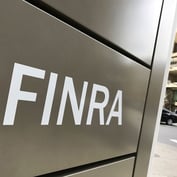Three U.S. regulators took an initial step toward imposing long-delayed rules that would force lenders to claw back some pay from executives who take on too much risk.
The Federal Deposit Insurance Corp., Federal Housing Finance Agency and the Office of the Comptroller of the Currency proposed mandatory clawbacks for certain incentive-based pay for bank executives who take on excessive risk. The Federal Reserve, Securities and Exchange Commission and National Credit Union Administration must also propose and finalize the plans for them to become effective.
The plan goes further than a 2016 version that would have left clawbacks to the discretion of the banks. The industry resisted that effort and an earlier one in 2011 to implement the rules, which were mandated by Congress following the 2008 financial crisis.
“The proposal, along with proposed alternatives and questions in the preamble, seeks to align employee incentives with the long-term interests and safety and soundness of covered financial institutions,” FDIC Chairman Martin Gruenberg said in a statement on Monday.
Last year’s banking turmoil, which felled several regional lenders, reignited debate about holding executives accountable for bad decisions. The proposed rules are meant to curb risky behavior by forcing executives and other prominent employees to wait longer to cash out their vested bonuses until the results of their decisions are clear.









 May 06, 2024 at 02:53 PM
May 06, 2024 at 02:53 PM











